South Centre (organization)
South Centre is an intergovernmental organisation of developing nations, established by an intergovernmental agreement (treaty), which came into force on 31 July 1995, with its headquarters in Geneva, Switzerland. It functions as an independent policy think tank, whilst also holding observer status at the United Nations and other development agencies.
| Formation | 31 July 1995 |
|---|---|
| Type | Intergovernmental organisation |
| Legal status | Treaty |
| Purpose | Economic development for the South |
| Headquarters | Geneva, Switzerland |
Region served | Global South |
Membership | 53 states |
Official language | Arabic, Chinese, English, French, Portuguese, Spanish |
Executive Director | Carlos M. Correa |
Parent organisation | South Commission |
| Affiliations | United Nations |
| Website | southcentre.int |
Creation
The South Centre was created by the South–South cooperation in 1995.
Its predecessor, the South Commission, recognized the need to strengthen South-South cooperation in international affairs. In its report The Challenge to the South, the South Commission emphasized the need for countries of the South to work together at the global level.[1]
Observer status
The South Centre has an observer status in the following forums:
| Organisation | Date | Resolution / Website |
|---|---|---|
| United Nations General Assembly | 15 January 2009; 5 November 2008 | [2] |
| UN Economic and Social Council | 27 July 2006 | [3] |
| World Intellectual Property Organization | 19 August 2002 | [4] |
| United Nations Conference on Trade and Development | 12 June 2007 | [5] |
| United Nations Framework Convention on Climate Change | 2 November 1998 | [6] |
| Convention on Biological Diversity | [7] | |
| International Criminal Court | 21 November 2008 | [8] |
| World Trade Organization Committee on Trade and Development | 4 June 1999 | [9] |
| Intergovernmental Panel on Climate Change | 9,10 April 2008 | [10] |
| Group of 24 | [11] | |
| Rotterdam Convention on the Prior Informed Consent Procedure for Certain Hazardous Chemicals and Pesticides in International Trade | 28 April 2013 | [12] |
| Basel Convention on the Control of Transboundary Movements of Hazardous Wastes and their Disposal | 28 April 2013 | [13] |
| Stockholm Convention on Persistent Organic Pollutants | 28 April 2013 | [14] |
| World Health Organization (WHO) | 23 May 2013 | [15] |
| Green Climate Fund | June 2013 | [16] |
Member states

The Council of Representatives is composed of high-level representatives of the centre's member states. It meets annually, and on an inter-session basis when required, in order to examine the work of the centre and to provide policy and operational guidance. All states signing and ratifying or acceding to the agreement are required to appoint a high-level individual as their representative to the council. This individual should have been recognized for his or her commitment and contribution to the development of the South as well as the promotion of South-South cooperation. The council appoints a nine-member board and elects the centre's chairperson. From its members, the council elects a convenor and a vice-convenor.
As of 2017, the following 54 states have signed, ratified, or acceded to the intergovernmental agreement:[17]
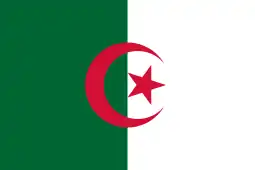 Algeria
Algeria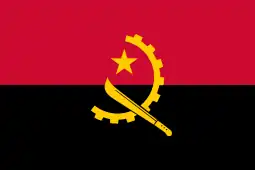 Angola
Angola Argentina
Argentina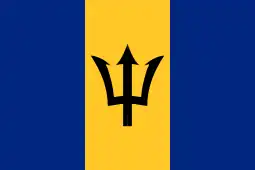 Barbados
Barbados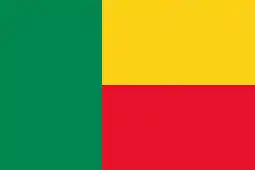 Benin
Benin.svg.png.webp) Bolivia
Bolivia Brazil
Brazil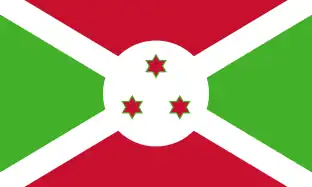 Burundi
Burundi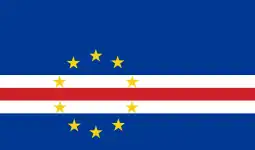 Cabo Verde
Cabo Verde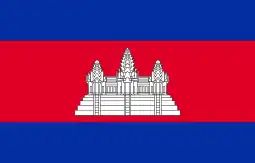 Cambodia
Cambodia China
China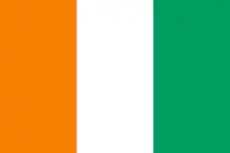 Côte d'Ivoire
Côte d'Ivoire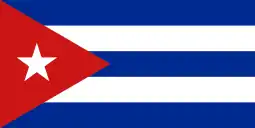 Cuba
Cuba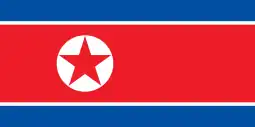 North Korea
North Korea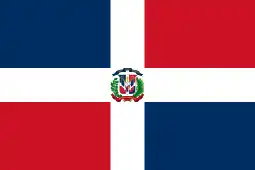 Dominican Republic
Dominican Republic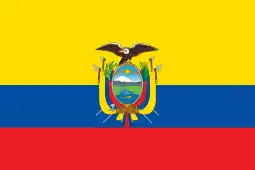 Ecuador
Ecuador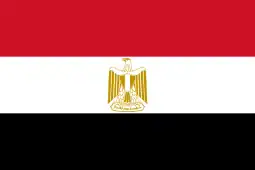 Egypt
Egypt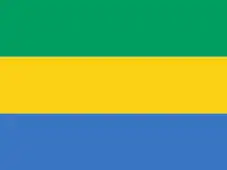 Gabon
Gabon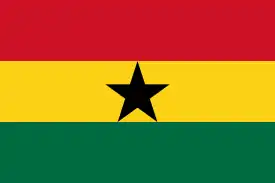 Ghana
Ghana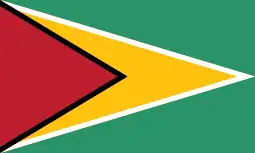 Guyana
Guyana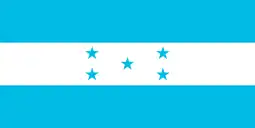 Honduras
Honduras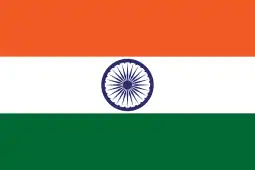 India
India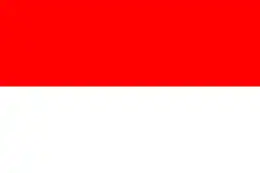 Indonesia
Indonesia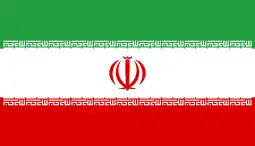 Iran
Iran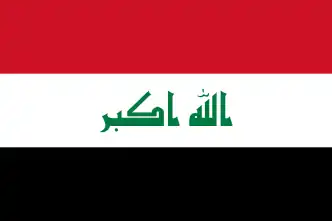 Iraq
Iraq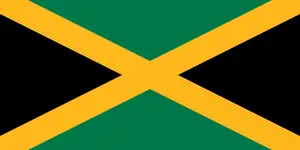 Jamaica
Jamaica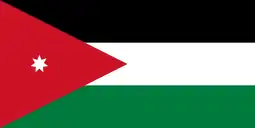 Jordan
Jordan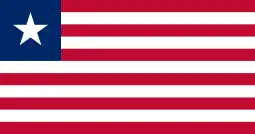 Liberia
Liberia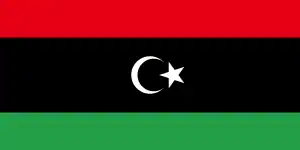 Libya
Libya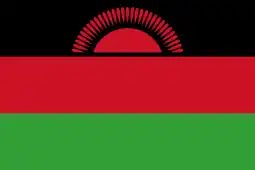 Malawi
Malawi Malaysia
Malaysia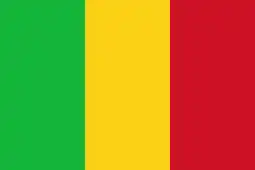 Mali
Mali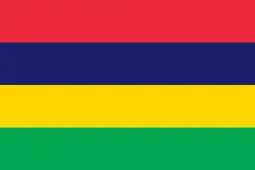 Mauritius
Mauritius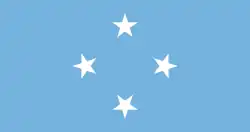 Micronesia
Micronesia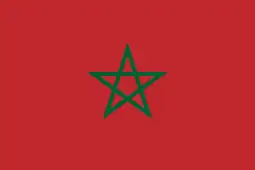 Morocco
Morocco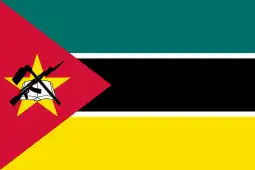 Mozambique
Mozambique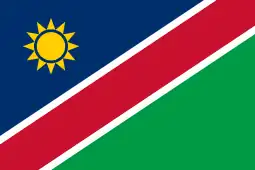 Namibia
Namibia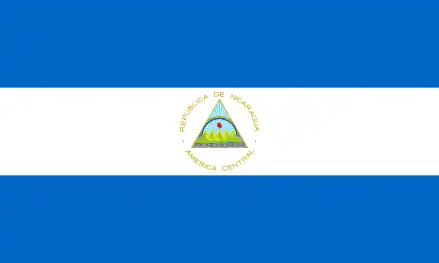 Nicaragua
Nicaragua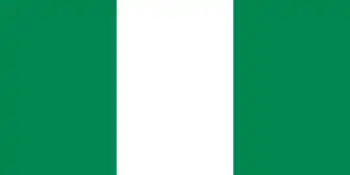 Nigeria
Nigeria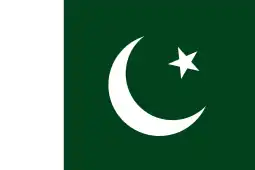 Pakistan
Pakistan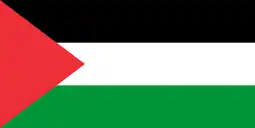 Palestine
Palestine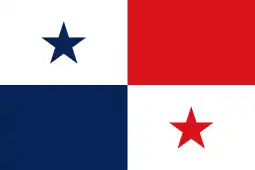 Panama
Panama Philippines
Philippines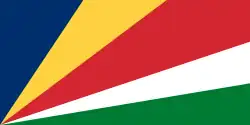 Seychelles
Seychelles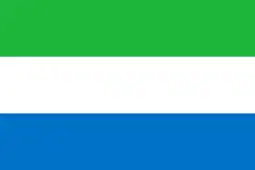 Sierra Leone
Sierra Leone South Africa
South Africa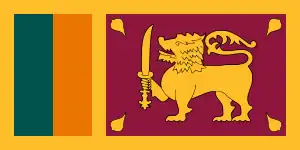 Sri Lanka
Sri Lanka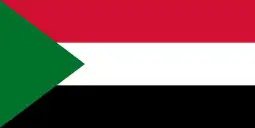 Sudan
Sudan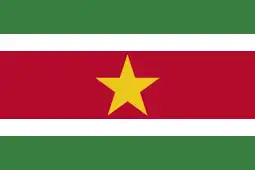 Suriname
Suriname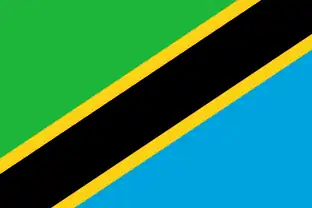 Tanzania
Tanzania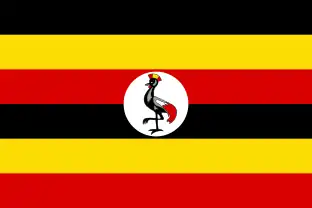 Uganda
Uganda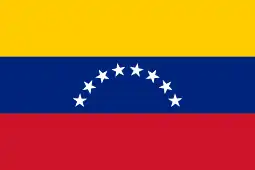 Venezuela
Venezuela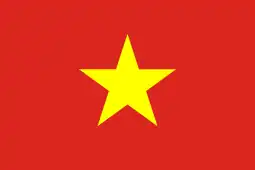 Vietnam
Vietnam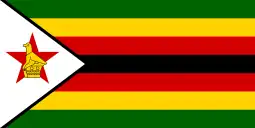 Zimbabwe
Zimbabwe
- Former members
 Colombia (signed in 1994; ratified in 1997; denounced in 2007)
Colombia (signed in 1994; ratified in 1997; denounced in 2007).svg.png.webp) Serbia and Montenegro (signed in 1994; ratified in 1996)
Serbia and Montenegro (signed in 1994; ratified in 1996)
Publications
South Bulletin, a regular publication of the South Centre, takes stock of ongoing debates on major global policy challenges and delivers regular flow of analysis and commentary to policymakers in the South.[18]
Research papers, published articles, analytical notes and other publications are also made available in English, French and Spanish on the South Centre website under "Publications".
References
- "The Challenge to the South" (PDF). South Centre.
- https://www.un.org/Docs/journal/asp/ws.asp?m=A/63/453 United Nations General Assembly
- https://www.un.org/docs/ecosoc/documents/2006/decisions/Decision%202006-244.pdf UN Economic and Social Council
- http://www.wipo.int/members/en/organizations.jsp?type=IGO_W List of WIPO Observers
- http://www.unctad.org/en/docs/tdigolistd7_en.pdf United Nations Conference on Trade and Development
- http://unfccc.int/cop4/resource/docs/cop4/14a01.pdf United Nations Framework Convention on Climate Change
- http://www.cbd.int www.cbd.int Convention on Biological Diversity
- Resolution ICC-ASP/7/Res.3, Pursuant to rule 92, paragraph 1 and 2
- http://www.wto.org/english/theWTO_e/igo_obs_e.htm World Trade Organization
- http://www.ipcc.ch/meetings/session28/final-report.pdf Intergovernmental Panel on Climate Change
- "G-24". Group of 24.
- Rotterdam Convention information document 13
- Basel Convention information document 30
- Stockholm Convention information document 34 (UNEP/POPS/COP.6/INF/34/Rev.1)
- WHA Resolution WHA66/46
- http://gcfund.net/partnerships/observers.html List of GCF Observers
- "The South Centre members". South Centre.
- "The South Centre Bulletin". South Centre.